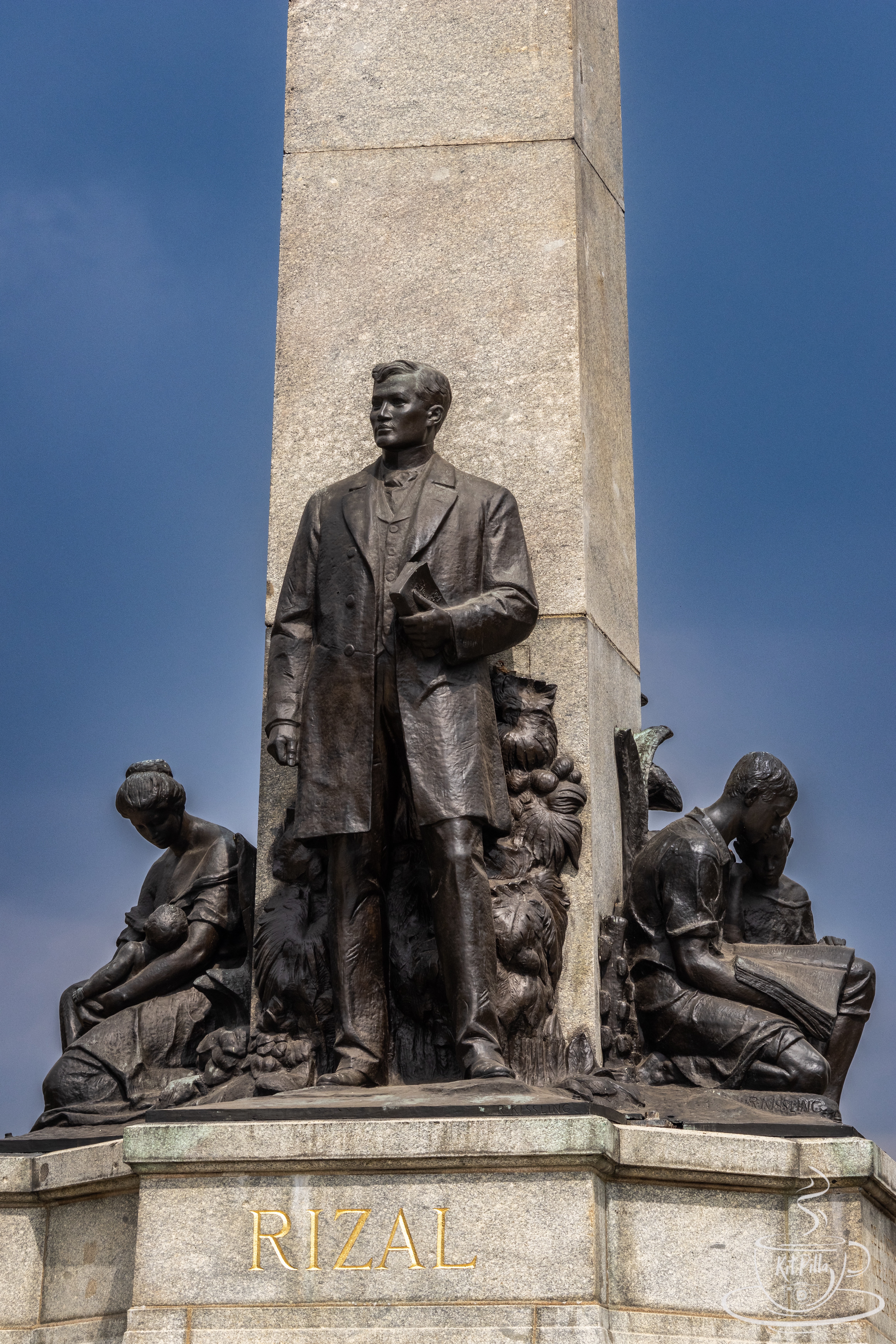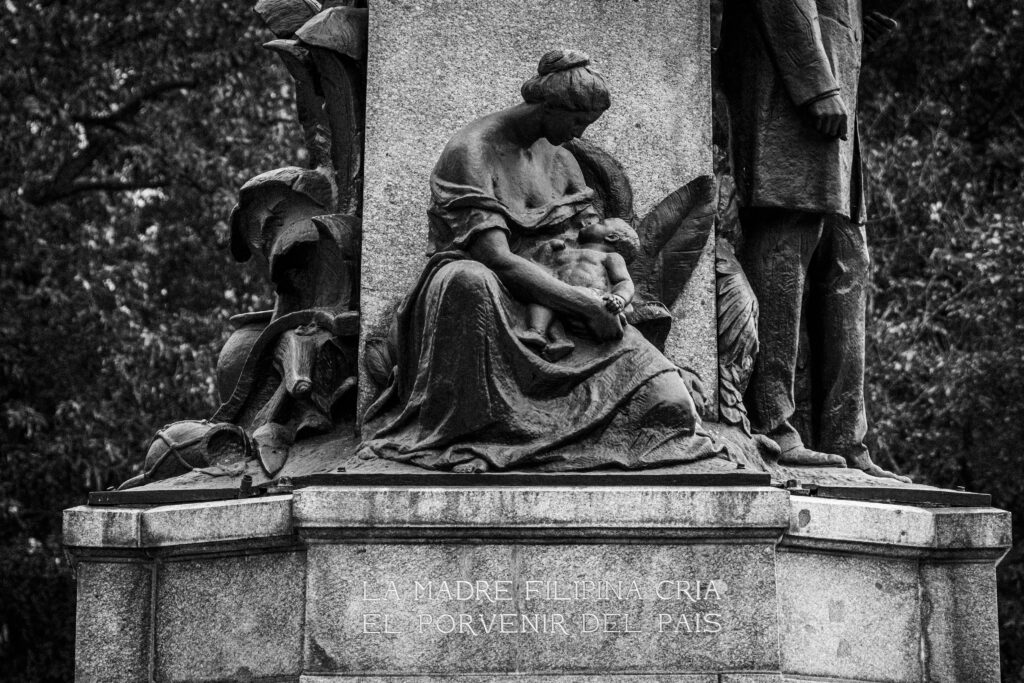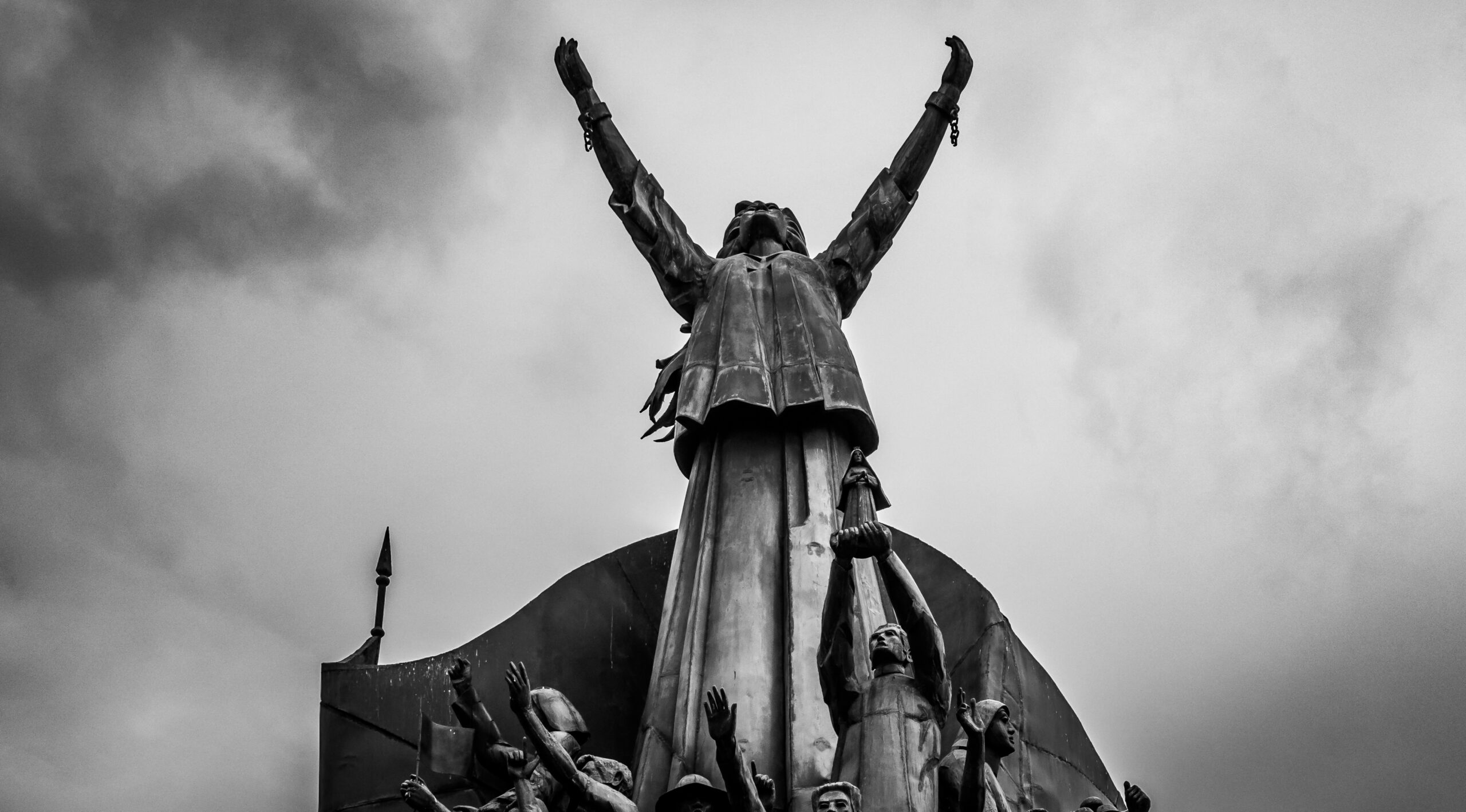Indeed, many visitors to the Rizal Monument in Luneta are familiar with the iconic bronze statue of our national hero, Dr. Jose Rizal, created by Richard Kissling and erected in 1912. However, what often goes unnoticed is the sculpture located on the monument’s right side, depicting a woman carrying a child. This sculpture bears the engraving “La madre filipina cria el porvenir de pais,” which translates to “The Filipino mother raises the future of the country.” This profound message emphasizes the crucial role of mothers in shaping the destiny of the nation.

The presence of this sculpture serves as a touching reminder of the vital contributions of mothers in nurturing and guiding the next generation of leaders and citizens. It underscores the idea that behind every successful individual, whether man or woman, there is a mother or father who plays a significant role in their upbringing and development.
In Filipino culture, mothers are often regarded as the cornerstone of the family, providing unconditional love, support, and guidance to their children. They instill values, impart wisdom, and serve as role models, shaping the character and aspirations of future generations. The inscription on the sculpture serves as a tribute to the selfless dedication and sacrifices of Filipino mothers, whose nurturing influence extends far beyond the confines of the home and has a profound impact on the nation as a whole.

Thus, the presence of the sculpture alongside the statue of Jose Rizal symbolizes the interconnectedness of past, present, and future generations, highlighting the enduring legacy of maternal love and influence in the ongoing journey of nation-building. It serves as a powerful testament to the enduring spirit and resilience of the Filipino people, anchored by the unwavering commitment of mothers to nurture and safeguard the future of their country.








